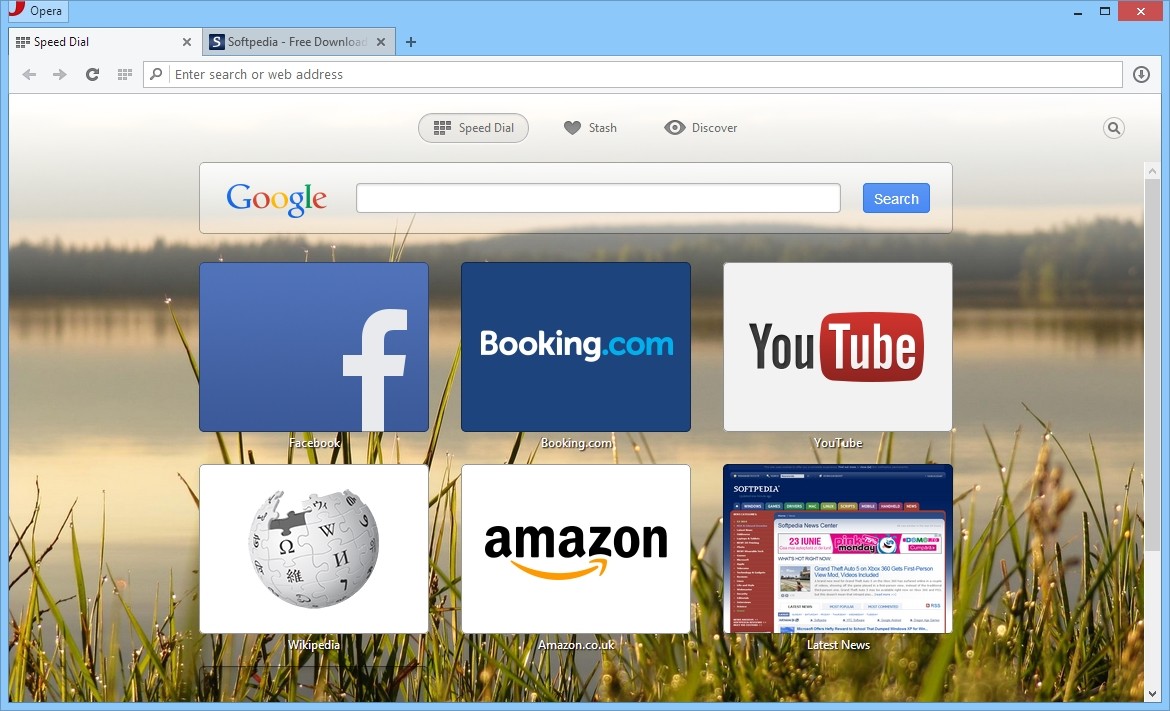
Ransomware encrypts data and, in most cases, victims cannot decrypt their files without specific tools held only by the cyber criminals who designed the ransomware program. Trojans are malicious programs that often cause chain infections by downloading and installing other malware (e.g., ransomware). Additionally, they promote the addresses of fake search engines by changing browser settings. Browser hijackers also track information. PUAs can record browsing-related information including sensitive, personal details. When clicked, these open dubious websites or cause unwanted downloads and installations. Most adware-type apps display advertisements. They distribute PUAs such as adware and browser hijackers. These websites and download/installation set-ups cannot be trusted, since they are often used to trick people into downloading and installing PUAs or even malicious software.


In this case, the downloaded fake Adobe Flash Player installer installed Opera.Īs mentioned, this is a legitimate web browser, however, if it was downloaded and installed unintentionally, it is likely to have been caused through a rogue download/installation setup promoted through a deceptive website. They encourage people to use rogue downloaders/installers, which actually download and install unwanted, potentially malicious software. Many deceptive websites attempt to trick visitors into believing that the installed version of Adobe Flash Player is out of date.
Therefore, third party downloaders and installers should not be used to download or install any software. In some cases, they use them to distribute malicious software including ransomware, Trojans, and other malware. Opera is a legitimate web browser, however, research shows that some affiliate marketers generate revenue by promoting it through fake Adobe Flash Player installers and other rogue download/installation set-ups - they use them to trick people into downloading and installing potentially unwanted applications (PUAs) such as browser hijackers and adware.


 0 kommentar(er)
0 kommentar(er)
